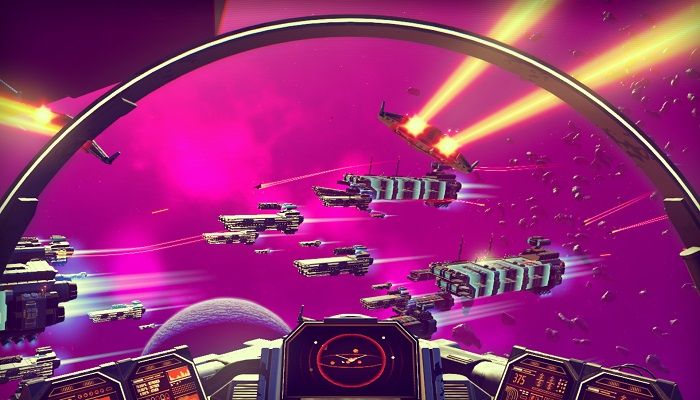Hello Games, the studio behind the now infamous No Man's Sky, has announced that it is launching Hello Labs, a platform for funding small gaming projects. The focus will be on developers that are working on procedural world generation and experimental games; currently, Hello Labs has one project already in development and would like to always have one or two projects on the burner as they move forward.
The announcement was made by Hello Games founder Sean Murray at the Game Developers Conference, as a surprise end to a presentation involving the math behind No Man's Sky. Murray told the audience that his studio is betting hard on the future of procedural generation and that by setting aside money for projects they hope to advance this technology further.
"Making really neat, weird engine decisions, and letting them dictate a cascade of problems: it's cool for me to be able to stand up and say to talented people like yourselves, we're looking for that kind of thing."
That Murray isn't alone in seeing a future for procedural generation is shown by No Man's Sky receiving awarded an award for innovation at the GDC. It's hard to argue with the numbers in this case: the actual data used to make the massive world of No Man's Sky took up just 300MB, Murray revealed in his presentation. The developers of XCOM 2 also used this technology to good effect, keeping their game fresh no matter how many missions players embark on.
That procedural generation also carries risks went unmentioned in Murray's presentation, but it should be noted that the blame for the grinding many reviews of No Man's Sky mention can be placed firmly at that particular door.
By having the computer work its way through a limited data set, there is a huge chance of content becoming repetitive and getting a game that's, well, boring. Though there is no one single issue that caused No Man's Sky to be one of the most disappointing games of 2016, procedural generation may not be the panacea that Hello Labs may be hoping for.
No Man's Sky is currently available on PC and PS4.
Source: Ars Technica

